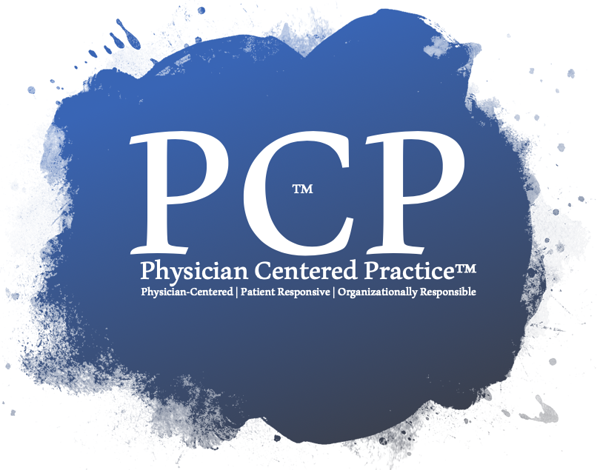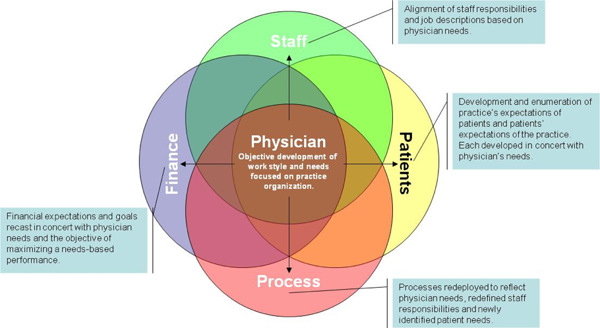Does your practice run like you want it to?
Most medical practices have a singular focus - production. It's that simple. Whether your leadership is physician-based or your leadership is non-physician administrative, the perspective is busy physicians are happy physicians. Well, that's true to a point. You may wish to read my article, Why Medical Practices Fail. Most failures are the result of goal incongruity among the partners. That incongruity is most often the result of missed communications, planning on the fly and limited operational control.
The way to make your practice run like you want it to run is to first ask yourself what you want from your practice. Let's remember your practice isn't just your business, nor just your career, it is your life. So, what do you want from it? You certainly have economic goals and obligations, but what about family, personal time, hobbies... what is your priority for these facets of your life? A successful practice means a successful life, and much of our life success is communications based.
Missed communications means you and your partners miss the opportunity to say what you really want, and to use what you want as a means to literally design your practice model. One size does not fit all. Every medical practice has many moving parts to consider. For example, what is the age range of your partners? What is the family status of each and what other obligations and objectives does each member have? Don't buy into off the shelf practice success du jour strategies. Your practice is not "off the shelf."
Don't operate via secrets. Nobody likes surprises. Physicians too often see a "me" versus "they" scenario. The perspective is that everyone must work the same, produce the same, otherwise someone may be perceived as not pulling his weight. The reality is that your practice will be more successful the more fully you know each others' drivers, needs and expectations. If each individual in the practice is successful in his or her own view, the practice will be successful as well.
Take time to plan. Physicians rarely have time for much more than patients and obligatory meetings. However, effective planning sessions are your opportunity to take your personal objectives, and those of your partners, and memorialize them in writing. Planning is a combination of wish lists and practical goal-based objectives. Planning, also, is dynamic. Plans that are bound and sit on shelves in everyone's office are rarely effective. Plans that are discussed and revised monthly, quarterly, semi-annually are effective tools to keep your practice focused, responsive and successful. Effective planning goes further to the point of eliminating surprises for everyone in the practice.
Lastly, put it into practice. Your tactical and strategic plans are the formal documentation of your personal and collective goals and objectives. Make them work, drill them down to operational steps that can and will be implemented and measured. The process of drilling down to the most basic elements will tell you what is in place and what is not in order to be successful. Then and only then can you make an informed decision about the assets, time, and other resources you're willing to commit to making your practice everything you want it to be.


